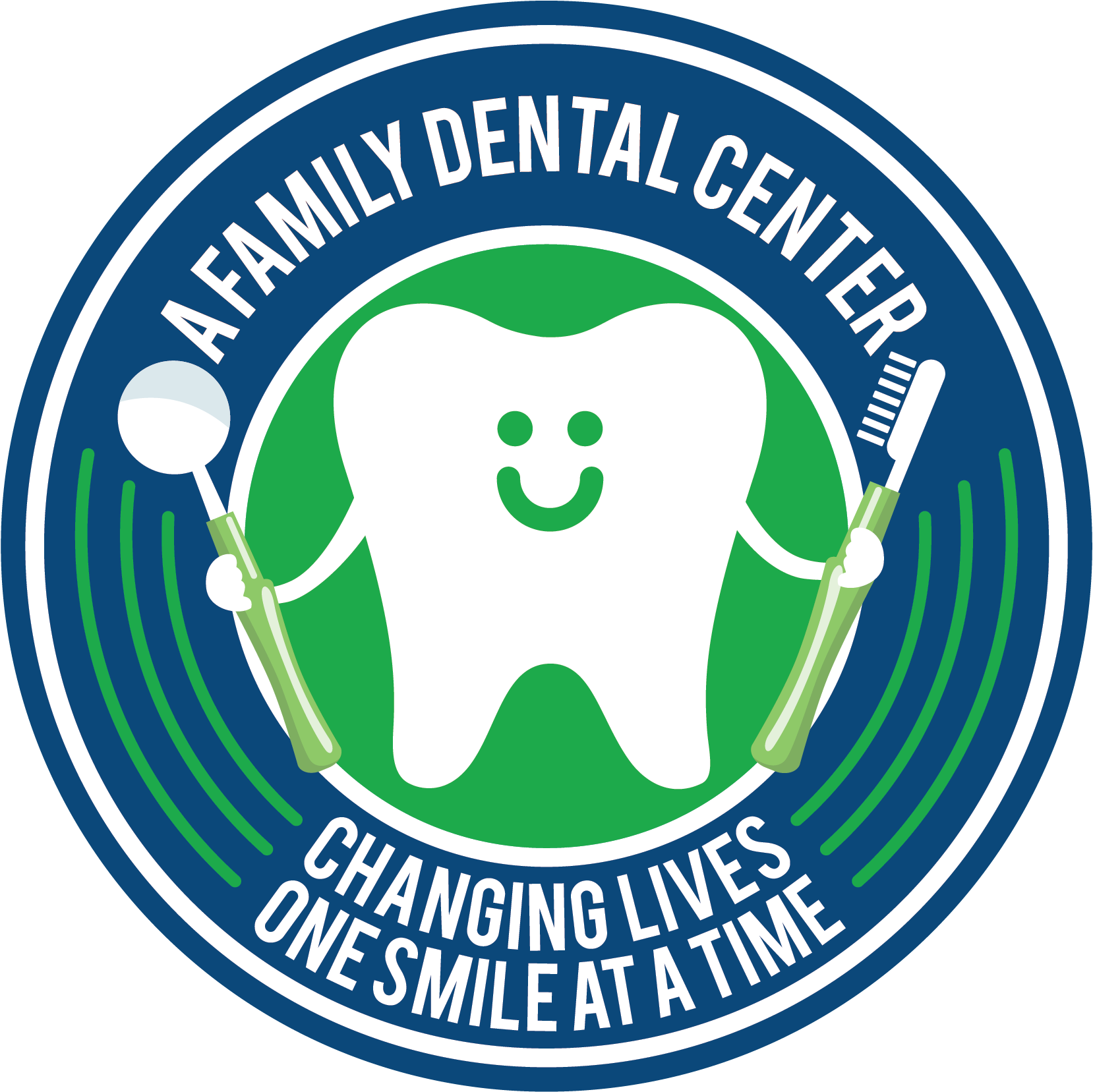
What Causes Tooth Sensitivity in Children and What to Do About It
Contrary to what you may believe, children are not young adults and they experience pain differently. Because of that, when they have tooth sensitivity, they may not be able to distinguish between sensitivity and pain. It is important to determine the cause of the sensitivity and when to see the dentist. If the discomfort is immediate but fleets as soon as the stimulant is eliminated, it is tooth sensitivity.
What Are the Causes?
Tooth sensitivity occurs when the enamel wears out or when there is a gum recession that exposes the underlying soft tissues. In children, however, other causes of tooth sensitivity include:
1. New teeth eruption
Permanent teeth eruption is uncomfortable by itself and adding tooth sensitivity on it can make the process unbearable. If the emerging tooth is close to the gum, it can cause pain, pressure, and sensitivity to hot and cold substances or air. The toothache can last until the tooth is in its final stage.
To manage pain and sensitivity:
- Avoid giving the child hot or cold drinks
- Massage the gum area where the teeth are erupting to ease the discomfort
- You can use pain medications, but first, talk your pediatric doctor or dentist before giving the drugs
2. Dental cavities
Dental cavities are common in children because of the high level of bacteria, a diet high in sugar and starches, less saliva production, or poor oral hygiene. If the dental decay is mild, the dentist will clean it off and replace the tooth with a filling.
Dental decay in children is preventable through maintaining proper dental hygiene and coming for regular dental checkups.
3. Dental fillings
After tooth decay, the dentist will cover the tooth with a filling such as amalgam fillings which can cause tooth sensitivity. An amalgam filling is made of metals that conduct heat much faster than the rest. Because this filling expands with heat, it can cause the teeth to expand too which puts pressure on the nerve.
4. Sinus problems
If your child has sinus problems, they may suffer from tooth sensitivity. When pressure builds in the sinuses, it causes discomfort. Before you can seek treatment, it is important to have the dentist examine the child for cavities, abscess, gum disease, or impacted teeth because they normally have similar symptoms.
5. Teeth grinding
Teeth grinding or bruxism is common in both children and adults. Although it causes subtle symptoms, if left unchecked, it could lead to tooth sensitivity. Teeth grinding wears the enamel and exposes the tissues underneath causing sensitivity.
If you suspect your child has bruxism, come to the dentist for an assessment. Additionally, you can buy mouth guards to protect the teeth. Talk to our dentist about custom-fit mouth guards that are designed to fit the child’s dental structure.
6. Improper brushing technique
Improper brushing does not cause sensitivity, but it could contribute to tooth decay which causes cavity-related sensitivity. Teaching your child, the proper way of brushing—the circular motion technique will help to preserve the enamel and the dentin. The brushing technique is even more important in children with braces to protect the gum.
Yes, children dread brushing, but if taught the proper way of brushing the teeth and gums it could help prevent dental problems.
How to Manage Sensitivity
- Get the soft-bristled and kid-friendly toothbrush
- Use toothpaste specifically designed for sensitivity. Speak to the dentist first before getting the toothpaste for children under 12 years
- Make use of the fluoride mouthwash (as long as the child is of the right age to use fluoride) to strengthen the enamel and prevent cavities
- Encourage healthy oral routine to prevent reoccurrence of tooth sensitivity
These tips can help reduce tooth sensitivity. However, if the child continues to experience sensitivity coupled with throbbing pain and fever, then call the dentist. For quality pediatric care, contact our Family Dental Center for assessment. We provide several dental services geared to promoting your dental hygiene.
